Words of advice for new parents
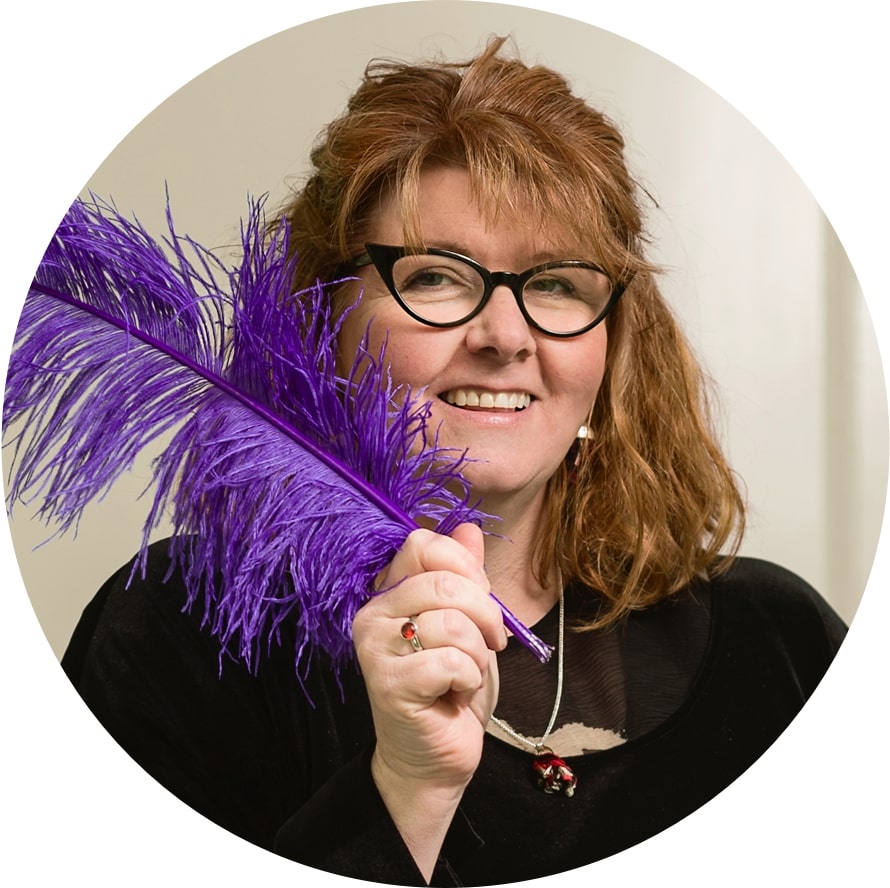
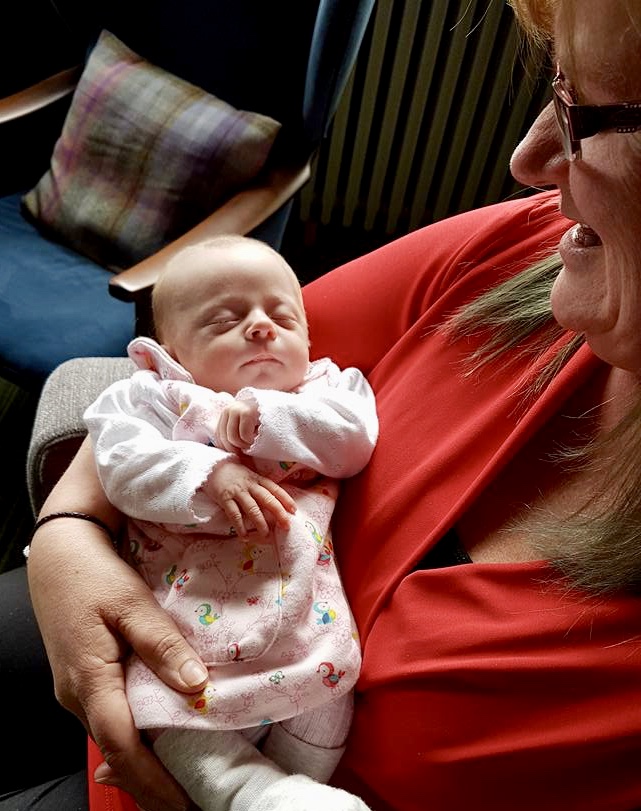
In every new parent’s voice, you can hear the excitement and wonder as they tell you, ‘It’s a boy’ or ‘It’s a girl’. The safe arrival of your child is a magical and special experience and one that you can scarcely believe has happened. As you begin to realise that this new, unique and fragile being is here to stay, you will come to appreciate the enormity or the responsibility of caring for them. It is both an overwhelming and wonderful time.
Your baby’s needs
Your new baby relies totally on you to ensure her well-being. The most important function of your ‘new family’ is to provide for your baby’s every need. These needs include food, shelter, warmth, clothing, protection, security and, above all, friendship, support and love.
It is vital that your young baby feels the security of love offered by you or anyone else who takes the role of carer. Cuddling and physical closeness can offer this sense of love. The happiest moments in your new baby’s world are those spent in the intimate bond of togetherness, with the people who love her. It is important that, as you build these close bonds, you talk to her and respond as she ‘talks’ back to you. Tickle her and whisper to her, repeat her name and yours. When she murmurs or giggles in response, then talk some more. Her early practice at listening and responding will encourage her to develop an understanding of the language and vocabulary that she will soon be expected to master.
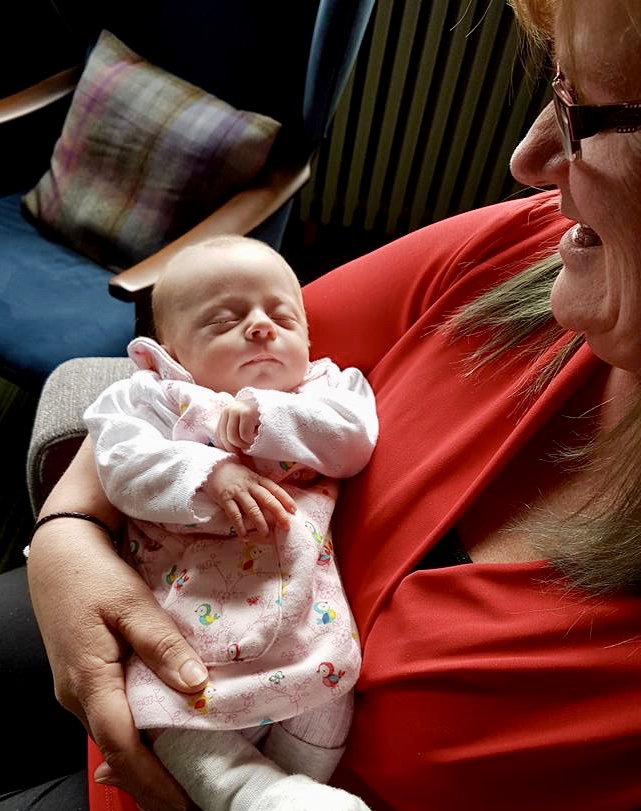
These intimate moments are precious and, of course, not kept exclusively for a new baby. Toddlers and young children love quiet moments of togetherness and learn a lot from these enjoyable experiences. When sharing these intimate moments with a young child, it is important to create a warm, caring and quiet atmosphere that allows her to focus on you and surroundings with which she is interacting.
Stages of early learning
Your young child will learn in many ways and by using all her senses. Unlike adults who can express their curiosity, confusion and concerns verbally, the very young have yet to acquire language and have no experience to use in order to interpret their world. They are reliant on you to provide a meaningful construction around them, within which they can use all their senses to develop an understanding of their world and their place in it.
Toddlers become absorbed in using and understanding their senses. They are inquisitive and open to any appropriate challenges to explore and learn. They have limited understanding of how the world works, but are highly motivated to become active and to interact with their immediate and familiar environment. Your expanding role, and that of other carers, is not just to ensure that the needs of your baby or young child are met, but that you also ensure that her wants and interests are stimulated and challenged.
Within her third year, your young child will change dramatically. She will be extending and applying her new skills, interests and understanding of her world. The majority of children approaching the age of three have a sense of themselves as individuals and view themselves and their world in a very positive way. Children of this age also begin to consider others. They can feel a sense of duty to take care of and help a younger child.
Providing activities
One way that you (or another carer) can help your young child to develop is to provide a variety of activities. These activities should aim to cover a wide range of experiences in order to help her to learn and develop. The more you encourage her to think, talk and reflect on these experiences, the more she will remember and take away from an activity.
The entirety of your young child’s experience – that is everything that she says, does, feels, sees, smells, touches, hears or tastes – can be used to create experiences for her. Remember that your baby or toddler is learning all the time, so try to offer high-quality, positive experiences. Every child should be actively involved in using their senses to explore and discover the world around them. With time, your child will begin to relate new experiences to previous learning and will learn how to share these experiences with other people.
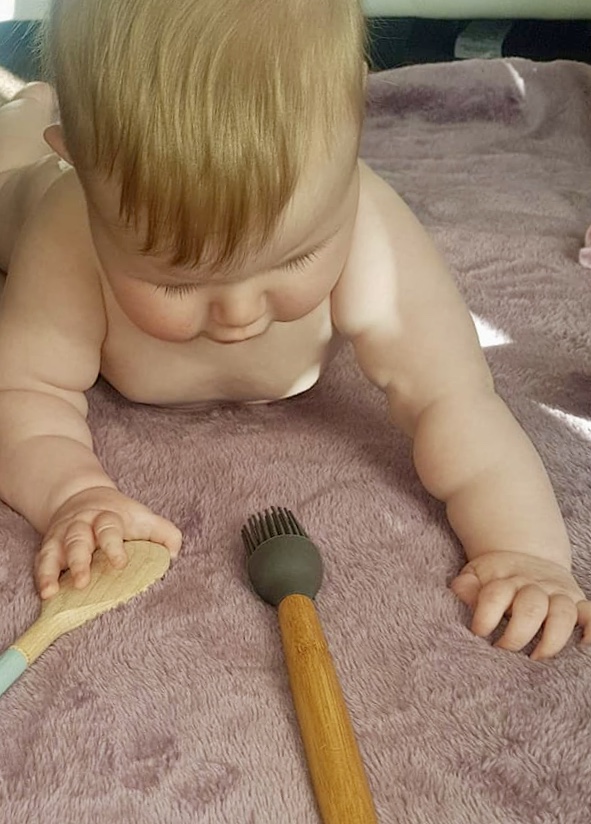
Establishing situations which enable your child to make discoveries and to explore and experiment within her environment should be a regular consideration. Relationship-building with your young child is a slow but critical process, one which can be strongly supported by her interaction with her toys, you and her environment. It is important that you strive to make your child feel relaxed and happy in all these situations. This not only makes for an enjoyable experience for all concerned, but also gives your child the motivation to learn. Never worry about repeating popular activities. Each time a child is exposed to an experience, the learning that takes place may be different from the last time. Young children enjoy repeating experiences, not only because the activity is pleasurable, but also because it makes them feel secure and confident in their abilities.
While it is vital that young children be allowed to explore and develop skills independently from one another, it is also important that they learn how to interact with others. By mixing with other children they will begin to learn important social skills, such as turn-taking and sharing. These interactions will lead to a sense of self-worth and will improve their confidence.
Learning through play
There is no doubt that babies, toddlers and young children learn through play. They progress in their play through various stages. Active participation – when they explore everyday items, new toys and a wide variety of interesting objects – should be based on sensory awareness. Through their exploration they will be introduced to texture, look and feel of objects, and this is when they will begin to experiment with them. For example, if you pour a little cornflour on to a tray and let your child touch, taste, smell and look at it, she will gain an idea of what it is. Then, when you add water to the cornflour and your child mixes them together, a basic compound is made. She may then attempt to make handprints in it, or perhaps to smear it on her hair, face and probably you! She is experimenting and gaining more knowledge of the substance. Young children learn from this type of investigation and involvement. They also learn from familiarity, and often the best activity is a repeated one, consolidating what your child has already learned – ‘let’s do it again!’.
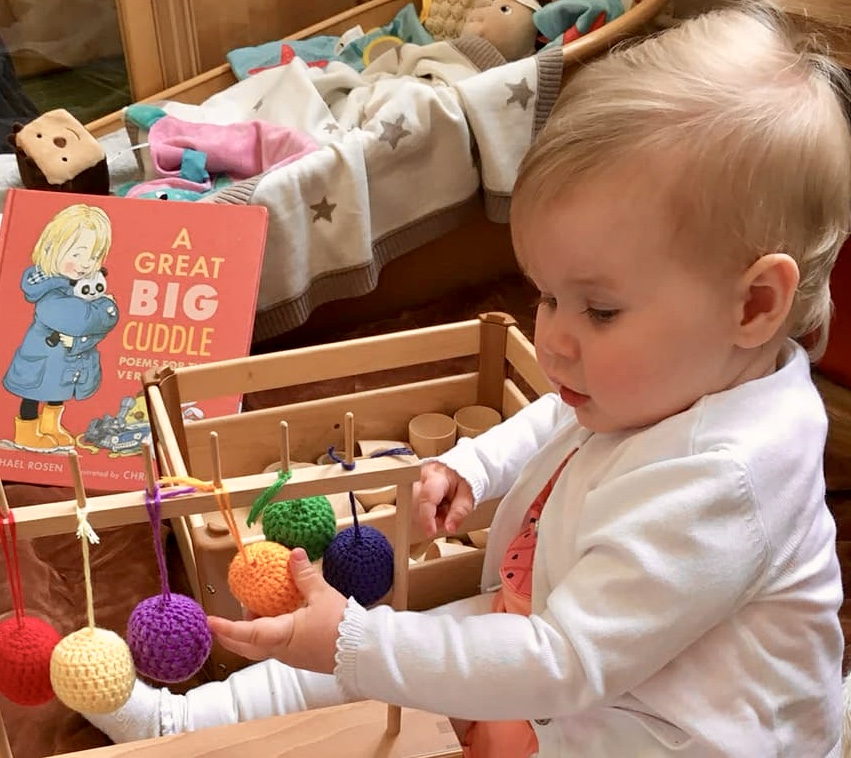
Once your child has been offered many opportunities to explore and experiment, she will progress to practising with the materials. She will use them in different ways for different purposes and through this practice she may imitate the world around her. For example, she may make a ‘blob’ from the cornflour and water and call it a ‘tree’, ‘fish’ or ‘ball’. She is imitating her world with confidence. This confidence has developed as a result of the active involvement that has been a part of her young world. Having gained all this experience, she will move on to create her own range of masterpieces.
The adult’s role
Adults are assumed to play a key role in the care and development of young children. The role of the adult is to provide the stimulus and materials and to invite the child to become involved and to interact. The adult should attempt to plant a ‘seed’ of an idea, then allow the child to lead using the resources. It is, of course, of great importance that the safety and security of your child be ensured.
Babies, toddlers and young children have no real concept of the vastness of their world. When you introduce your child to a new part of her world, you should make sure that she receives positive stimulation, feels comfortable and secure, and is given the chance to explore the world on her own terms. Attempt to offer an intimate, worthwhile and exciting range of fun-filled experiences to your young child. As well as meeting her essential needs, it is important to try to give her the best possible start on her road to individuality and independence.
Always remember that everything you do with your young child should be fun. Involve yourself and your child in a range of fun activities – any learning that happens along the way is a bonus. Never set out to teach your child something explicitly. Be assured that if you present her with opportunities to play and develop, she will gain knowledge and understanding by simply taking part and enjoying herself.